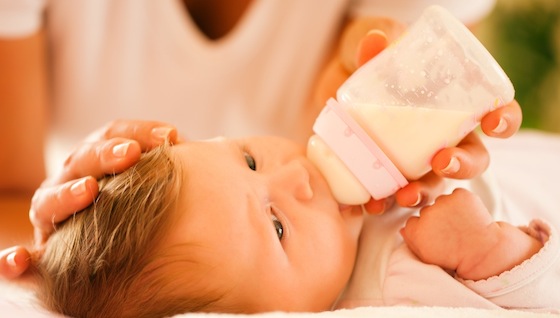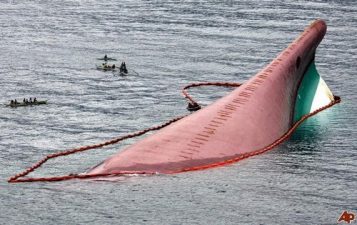America, next to some European countries, has the most stringent environmental policies on health and safety. In 2008 America’s Food and Health Administrations (the FDA) declared BPA, or bisphenol A, an estrogen mimic used in plastics, as safe. But in 2010 it started backpedaling over concerns that it might have health risks, especially in children. Yesterday it was announced that BPA is now banned in baby bottles and sippy cups across America. What does that mean for the health of babies around the planet?
“FDA is amending the food additive regulations to no longer allow BPA in the plastic used to make baby bottles and sippy cups,” said Curtis Allen, an FDA spokesman in an official announcement. “As a result, consumers can be confident that these products do not contain BPA.”
Many manufacturers in America and around the world have stopped adding BPA to their plastic products. Usually those companies that have made the effort to stop using BPA in their products widely advertise it as “BPA free.”
For women in the Middle East who might not have regulatory bodies guarding them and their children, be on the lookout for BPA-free products when buying anything for your baby or small child. That includes a BPA-free label in bottles, sippy cups, soothers, and even in the plastic used in breast pump containers and pipes.
BPA is an industrial chemical that has been present in many hard plastic bottles and metal-based food and beverage cans since the 1960s.
According to the FDA, studies employing standardized toxicity tests have thus far supported the safety of current low levels of human exposure to BPA.
But now they admit, that there is “some concern about the potential effects of BPA on the brain, behavior, and prostate gland in fetuses, infants, and young children.”
Women who are pregnant or who are thinking about becoming pregnant should also consider refraining from using BPA products, this Green Prophet suggests.
Environmentalists in America agree that even more vigilance should be taken on making sure that BPA is removed from all our food and beverage containers.
Where can you find BPA? It’s in a type of clear and hard plastics called polycarbonate which is used in water and soda bottles. It is in the resin linings of food and beverage cans as well as in the containers of infant formula. It’s ubiquitous and some experts warn that the ban for baby products is largely symbolic, and that wider bans need to be enforced.
Image of baby and bottle from Shutterstock





Oops – I spoke to quickly. BPA has been shown to interfere with the quality of eggs retrieved in IVF. Another compound was shown to alter a man’s genetic material.
Not to mention that BPA can alter a man’s sperm…something we covered in Green Prophet last year! Glad to see this.